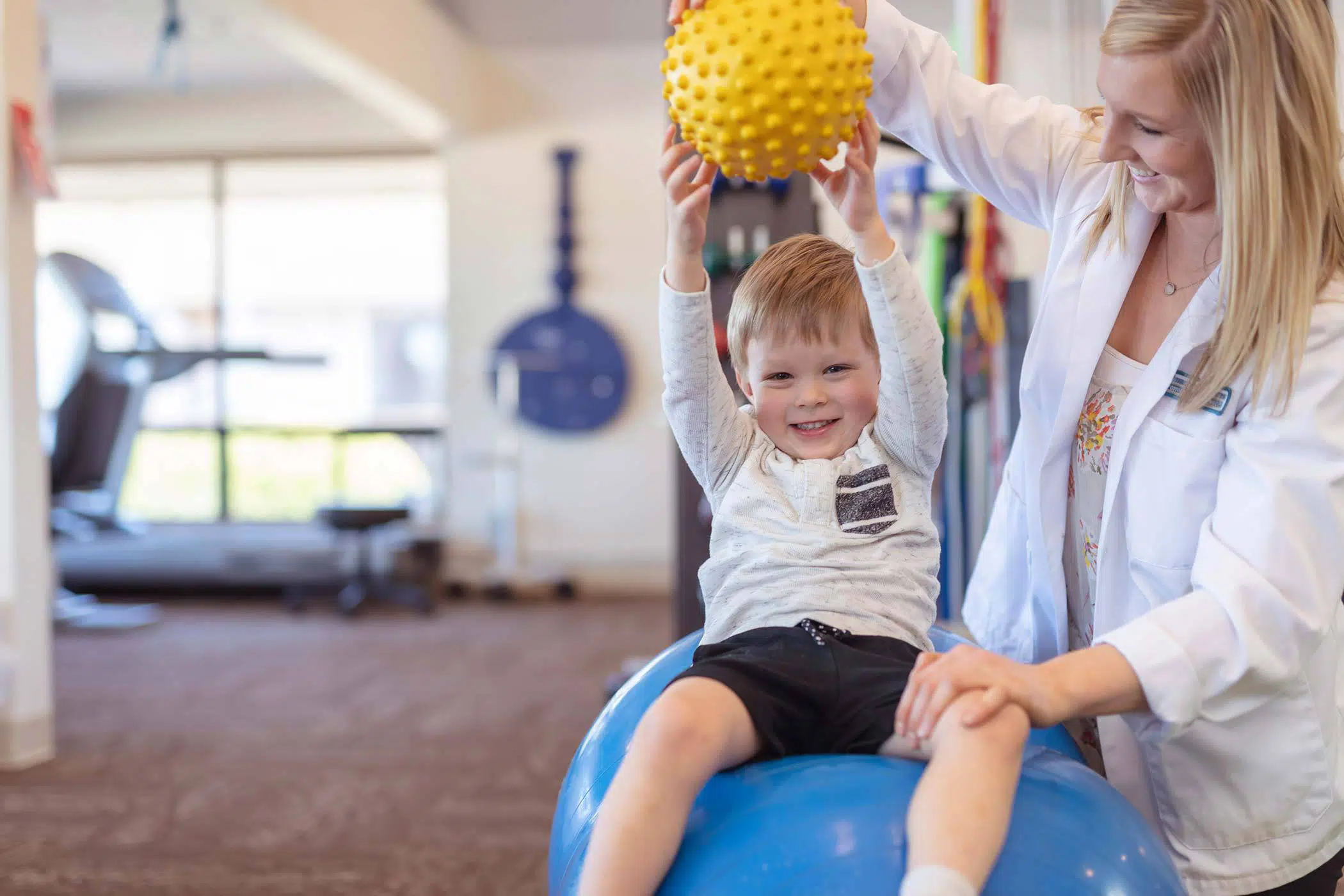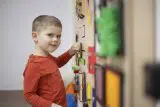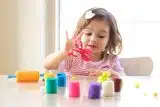What is Occupational Therapy?
Special Needs Education
 Posted by: Rebecca Bazzoni 7 years ago
Posted by: Rebecca Bazzoni 7 years ago
What is a Pediatric Occupational Therapist?
Pediatric Occupational Therapists are health professionals who evaluate, develop a plan of care, and assist children who are having difficulty participating in meaningful activities or “occupations” that are needed to conduct their daily routines. These “occupations” include: self care, relating to others, school skills, participating in family life, and PLAY skills. The goal of occupational therapy is to help each child live their life to the fullest and reach their maximum level of independence.
Pediatric occupational therapists can work in the schools and in the clinic setting. School based occupational therapy follows an educational model. Therapy goals and the plan of care (IEP) focus on everything a child needs to do to be successful during the school day. The clinical model for occupational therapy looks at the broad spectrum of needs and helps the child function in ALL environments. The clinic setting is typically more sensory based and uses a wide variety of equipment. Children are typically seen one on one for longer sessions on a weekly basis.

Why would my child benefit from occupational therapy?
Occupational therapy can help children with various needs improve their cognitive, physical, sensory and fine motor skills. Treatment focuses on:
- Fine Motor Skills: manipulating toys, holding objects with a variety of hand grasping patterns, holding crayons/pencils, stringing beads, completing clothing fasteners.
- Eye-hand Coordination: ball skills (throwing/kicking), scissors skills, puzzles, shape sorters, stacking.
- Visual Motor Skills: handwriting, coloring, scissor skills, drawing, making shapes
- Visual Perceptual Skills: matching, sorting, letter reversals, puzzles, scanning
- Self-care: dressing, clothing fasteners, tying shoes, feeding, utensil use, grooming, brushing teeth.
- Sensory Processing: concerns with sounds, smells, taste, sights, movement, touch
- Strength: muscle strength, endurance, moving against gravity, sustaining body positions, manipulating toys.
- Range of Motion: Muscle flexibility and joint mobility.
- Social Skills: Interacting with others, following routines, play skills
- Self-Regulation: transitions, attention to task, coping skills, emotional control.
Check out our infographic: Fine Motor Milestones to see if your child is meeting age appropriate motor milestones. If you have concerns about your child’s development, we would love to help! Call our office today at 574-376-2316 for a free developmental screening.
You May Be Interested In:

Early Intervention For Cerebral Palsy: Why It Matters
5 months ago by Rebecca Bazzoni

The Power of Free Play in Childhood
7 months ago by Rebecca Bazzoni

Why Pre-Writing Skills Matter and How to Foster Them in Young Children
8 months ago by Rebecca Bazzoni

Sensory Scavenger Hunt: Winter Weather Edition
1 year ago by Rebecca Bazzoni

